2021 Update:
No updates have been made to Cannabis/ hemp- CBD laws in Oregon..
In addition to the federal hemp laws laid out in the 2018 Farm Bill, each state has its own state hemp laws. Before we dive in on Oregon Hemp Laws and the legality of CBD in Oregon, it is important to understand the different types of hemp and CBD products that these laws may be applied to.
There are many (somewhat confusing) terms for hemp oil:
- Isolate or THC-Free Hemp Oil has only CBD and all other plant compounds have been removed, THC is undetectable. Pure CBD Isolate can also be purchased in powder form.
- Full-Spectrum Hemp Oil has all plant compounds, including less than 0.3% THC.
- Broad-Spectrum Hemp Oil has undetectable THC, but contains other plant compounds.
- PCR (Phytocannabinoid-Rich) Hemp Oil with Zero-THC is a new marketing term for broad-spectrum hemp oil.
- CBG Hemp Oil is a hemp oil from a cannabigerol (CBG) rich hemp strain that has more CBG than is found in CBD Hemp Oil.
- Hemp Flower is the dried and harvested flower of the hemp plant. It can be used whole or extracted to make CBD isolate, Full-Spectrum CBD, or Broad-Spectrum CBD (PCR Hemp Oil).
FAQ: Hemp and CBD Legality in Oregon
Is Full Spectrum CBD Legal in Oregon?
That is a trick question because full-spectrum CBD is not the same as the so-called PCR Hemp Oil! This new marketing term is certainly introducing even more confusion around CBD products. However, all of these types of products are legal to buy, sell, and use in Oregon.
Is It Legal to Ship PCR Hemp Oil to Oregon?
It is legal to ship ALL types of hemp products with less than 0.3% THC to Oregon.
Where to Buy Full Spectrum CBD Oil in Oregon?
Under Oregon Hemp Laws, CBD and hemp products can be purchased online, or in stores.
Do you need a special license to purchase PCR Hemp Oil in Oregon?
You don’t need a special license to purchase CBD hemp oil (all types) in Oregon, only to grow, test, or sell products.
How Does Oregon Legally Define Hemp?
Hemp means all non-seed parts and varieties of the Cannabis plant, whether growing or not, that contain an average tetrahydrocannabinol concentration that does not exceed 0.3 percent on a dry weight basis.
Oregon Department of Agriculture. About Hemp.
Growing and Selling Hemp in Oregon
Oregon hemp growers and handlers must be registered and licensed with the state. They have a very well defined legal process to follow.
Retail Hemp and CBD products must comply with Oregon hemp laws:
- Products must contain no more than 0.3% THC
- Products must come from a registered farm
- Products must be tested by a licensed laboratory
- The THC must be reported as “total THC”
In addition to Oregon state CBD laws and the 2018 Farm Bill hemp laws, the US Food and Drug Administration (FDA) has additional requirements for CBD and hemp companies to meet.
Oregon state hemp laws allow for many products, some of which the FDA may be less welcome to:
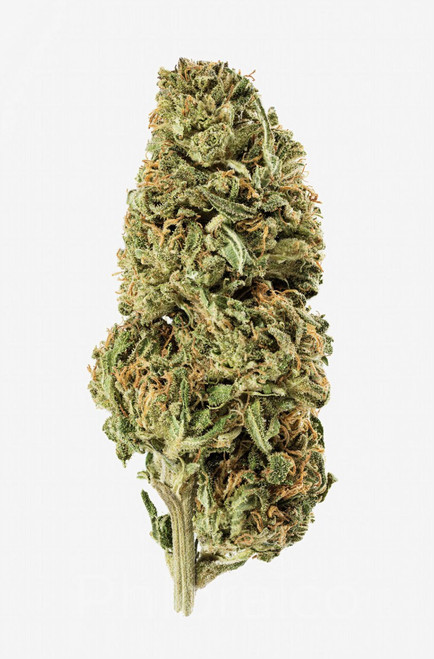 Siskiyou Gold is a special Oregon hemp strain
Siskiyou Gold is a special Oregon hemp strain - Hemp concentrates and extracts (oils and tinctures)
- Hemp edibles
- Industrial hemp for building or fiber materials
- Hemp topicals
- Hemp transdermal patches
- Industrial hempseed (food product)
- Industrial hempseed oil (food product)
Oregon hemp legality is very friendly because it has a long-standing recreational marijuana program that helped pave the way for hemp. Their regulators understand hemp products well and have effective ways to ensure products are safe to sell to the public.
Hemp is so popular in Oregon that Oregon State University has its own Global Hemp Innovation Center, and extension of the College of Agricultural Sciences. They report:
As of mid-May 2019, the state has licensed 1,342 growers to plant 46,219 acres this year, according to the Oregon Department of Agriculture. That’s up from 7,808 acres in 2018. Nationally the number of licensed acres devoted to hemp cultivation increased by 204 percent from 2017 to 2018.
Oregon that Oregon State University. Global Hemp Innovation Center.
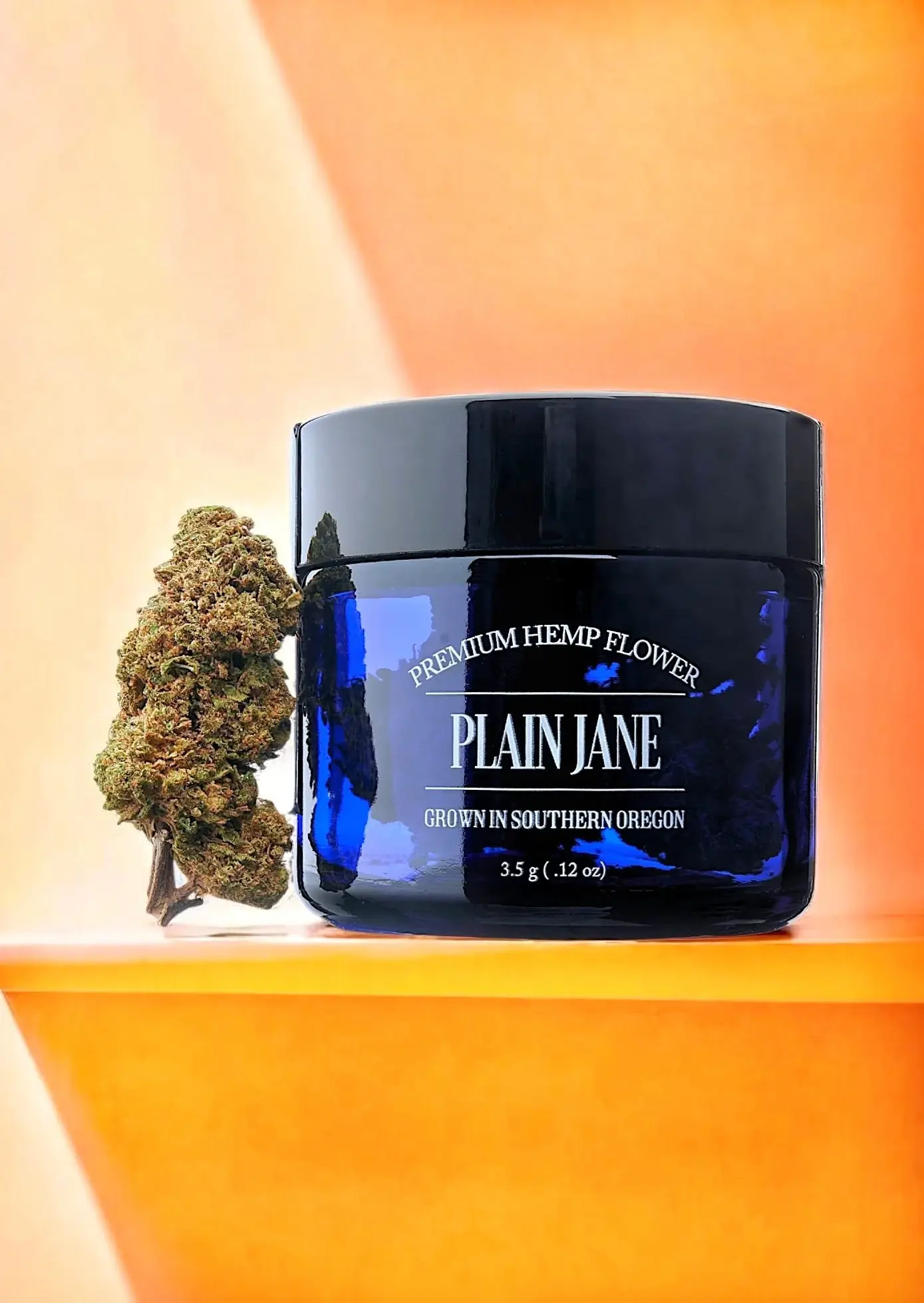
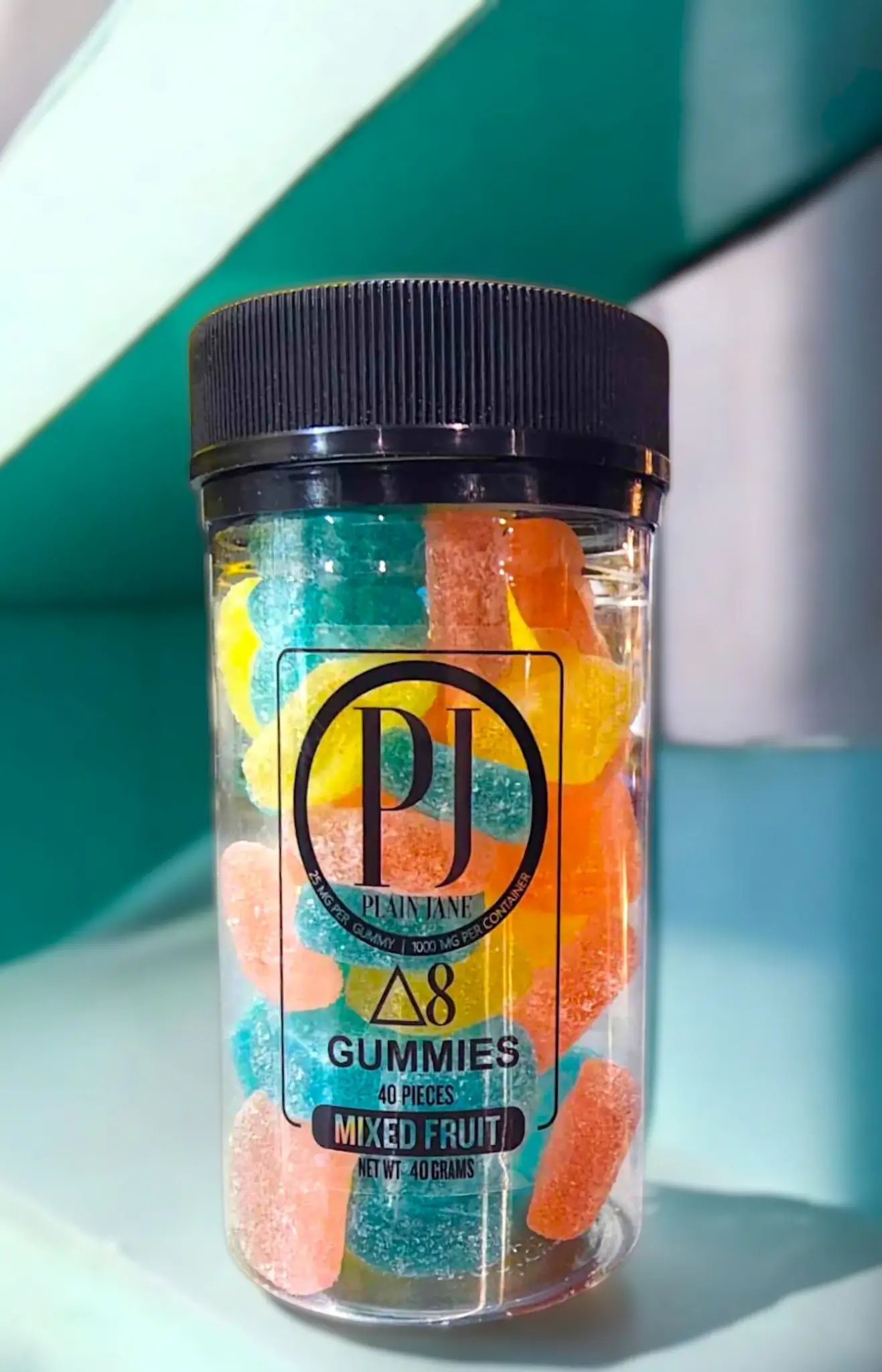
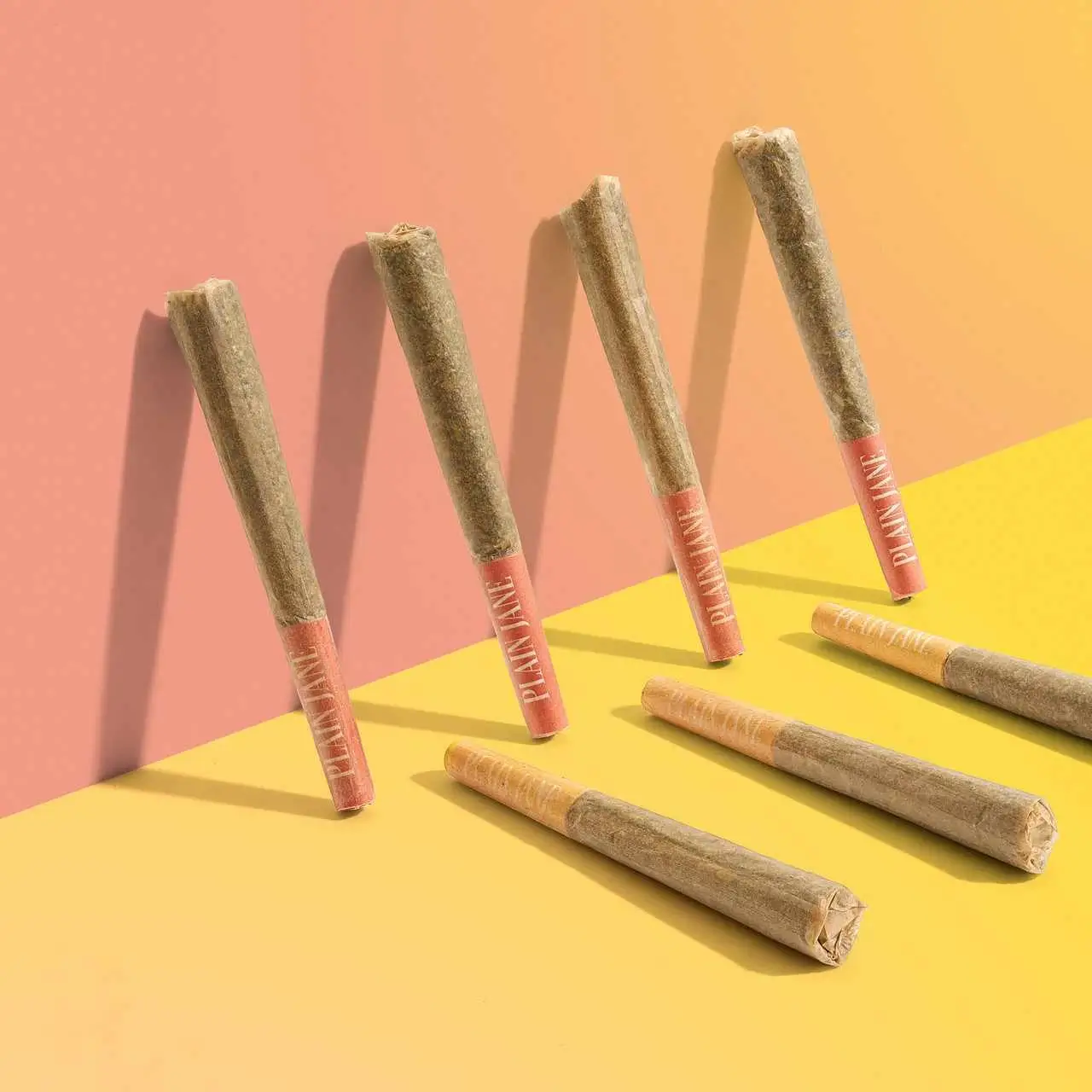
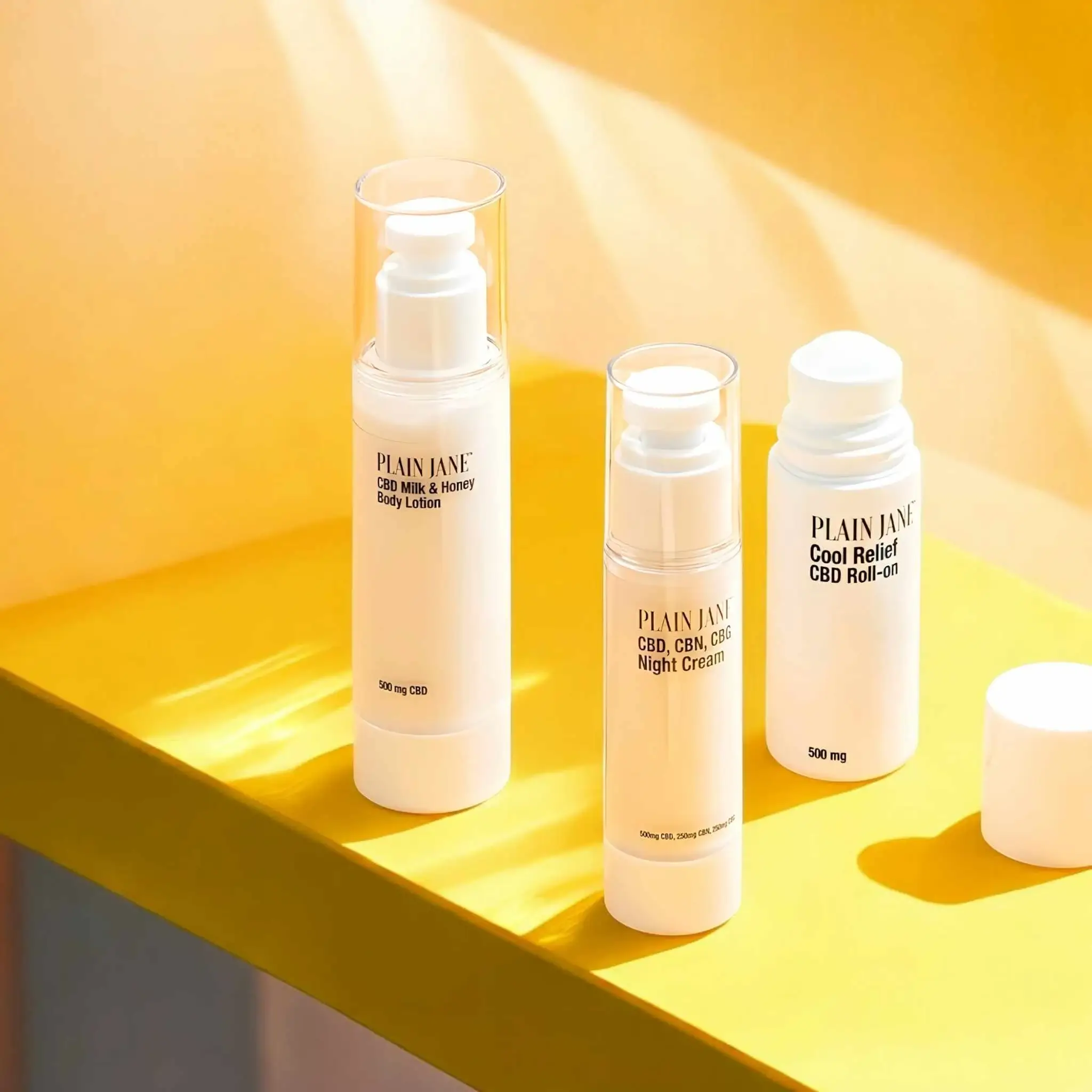
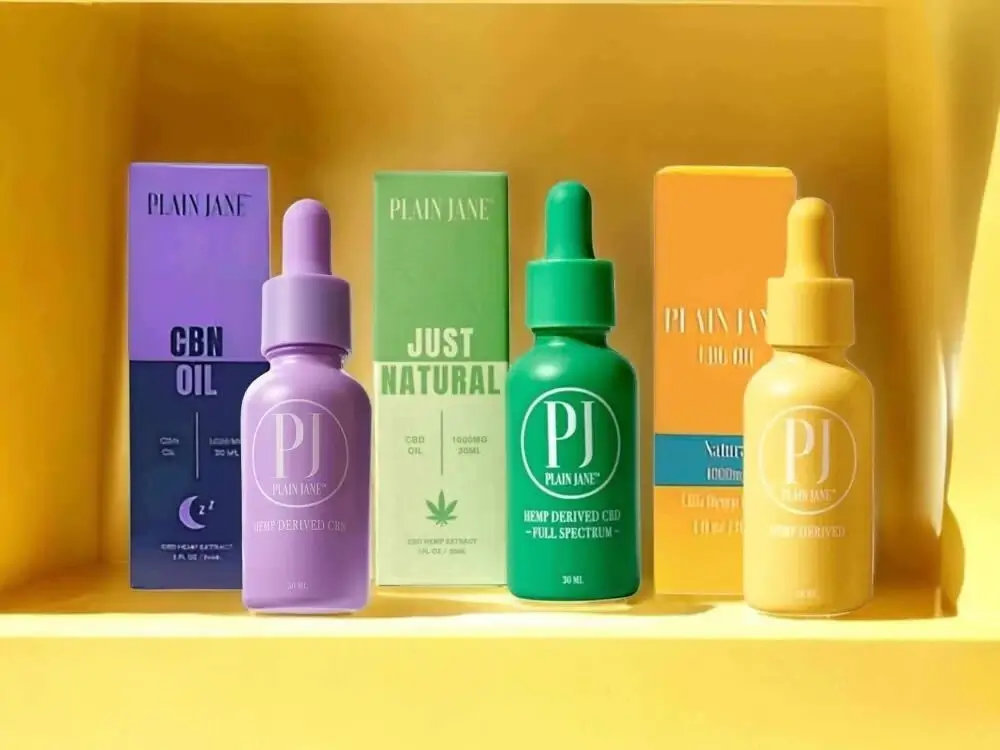
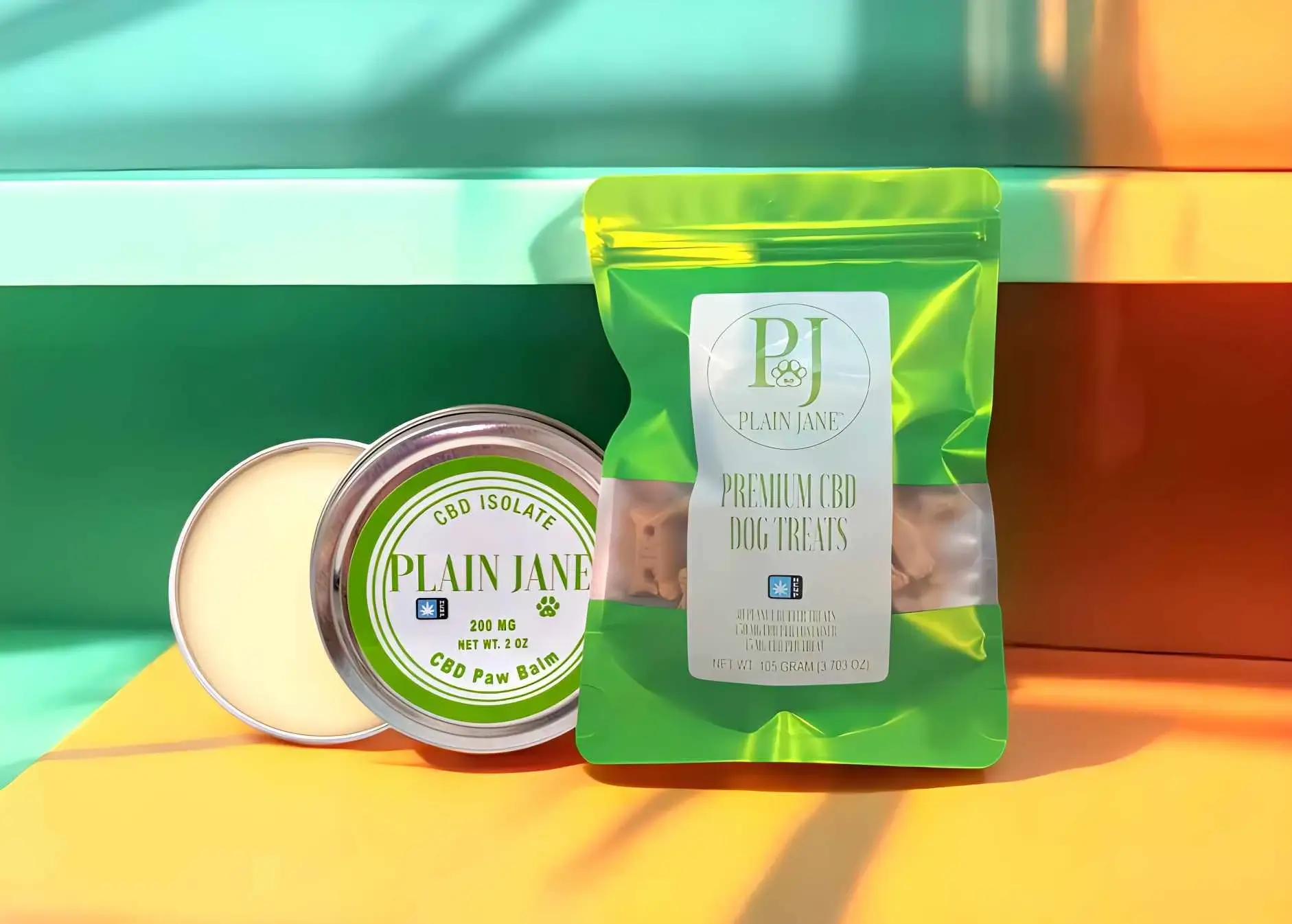
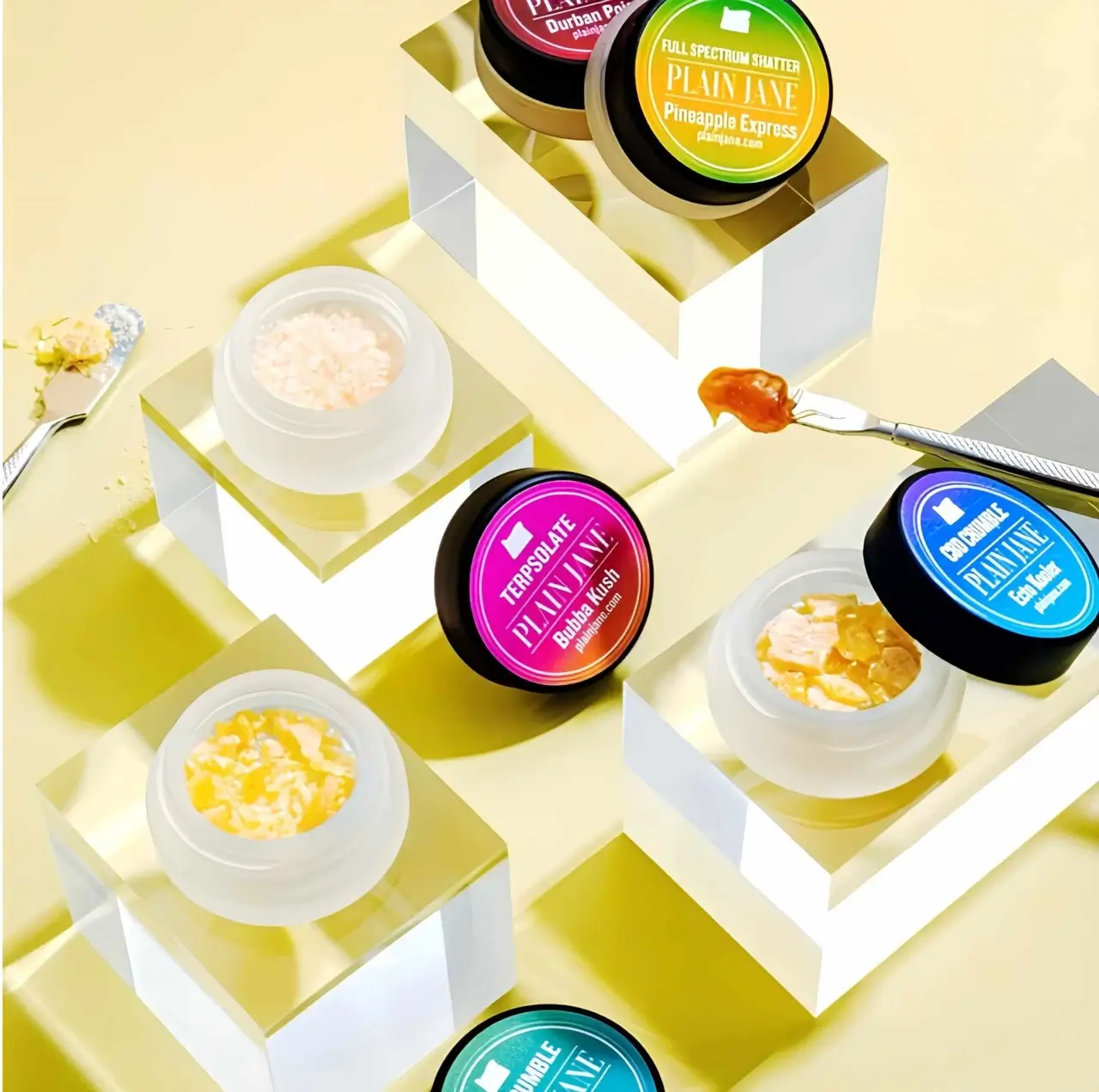
0 comments